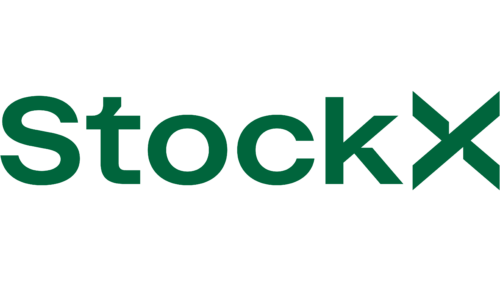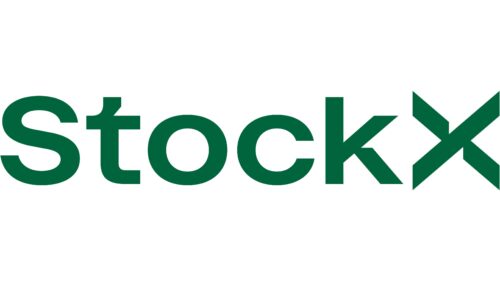StockX operates as a live marketplace for buying and selling limited-edition sneakers, apparel, electronics, and collectibles. It verifies items for authenticity, providing consumer trust. Main markets include the US, Europe, and Asia, appealing to niche collectors and general consumers alike. Ownership is private, with multiple venture backers.
Meaning and history
StockX was established in 2015 as a disruptor in the e-commerce space, specifically targeting the sneaker resale market. Founded by Josh Luber, Greg Schwartz, and Dan Gilbert, owner of the Cleveland Cavaliers, StockX introduced a stock market-like system to the world of retail for sneakers and other high-demand items. The Detroit-based company rapidly expanded its offerings to include streetwear, electronics, and collectibles.
The unique selling proposition of StockX rests on its authentication process, ensuring buyers receive genuine products, a crucial aspect given the prevalence of counterfeits in the resale market. The company’s model, likened to a stock exchange, allows for real-time pricing, with buyers placing bids and sellers making asks, mimicking trading of financial securities.
StockX’s ownership has evolved through several rounds of funding, attracting investment from celebrities and venture capital firms, reflecting its growth and the booming interest in sneaker culture. In June 2019, StockX announced it had closed a $110 million Series C funding round, simultaneously revealing that co-founder Josh Luber would be stepping down from his role as CEO to be replaced by Scott Cutler.
The company’s valuation soared, reaching $1 billion, earning it “unicorn” status, a testament to its revolutionary approach and the ever-increasing demand for its marketplace. Despite facing challenges such as data breaches and the COVID-19 pandemic, which required adaptations in its operations, StockX has remained a dominant force, setting a high bar in the resale market.
In a short span, StockX has cemented its position as a leader in the secondary market for sneakers and luxury goods, continually adapting its strategy and operations to scale globally, with a notable presence in North America, Europe, and Asia. Its journey reflects a blend of innovative market strategy, adaptability, and keen understanding of consumer behavior in the digital age.
2015 – 2021
The logo of StockX, featuring the company’s name in a bold and dynamic typeface. The word “stock” is written in lowercase black letters, exuding a modern and approachable vibe. The letter “X” stands out in a vivid green color, stylized with angular lines that give the impression of an upward arrow on the right side, symbolizing growth and upward movement in the market. This design element cleverly plays on the concept of stock market exchanges and the brand’s forward-thinking approach. The logo’s sharp contrast and distinctive style make it memorable, encapsulating the essence of the StockX brand as a contemporary and innovative player in the e-commerce space.4
2021 – Today
The logo of StockX, characterized by a clean, minimalist design. The logo consists of the brand name in a bold, sans-serif typeface. The lettering is presented in a rich shade of green, offering a visual cue of growth and prosperity. The two “X” letters intersect in a manner that conveys a sense of precision and connectivity, aligning with the brand’s ethos of a data-driven, interconnected marketplace. This emblem embodies a modern and sleek aesthetic, reflecting the cutting-edge nature of the company’s online trading platform.










